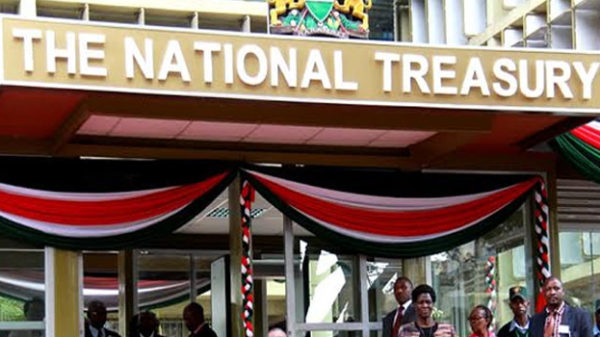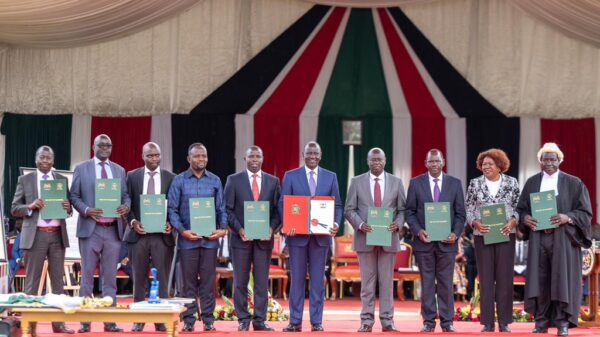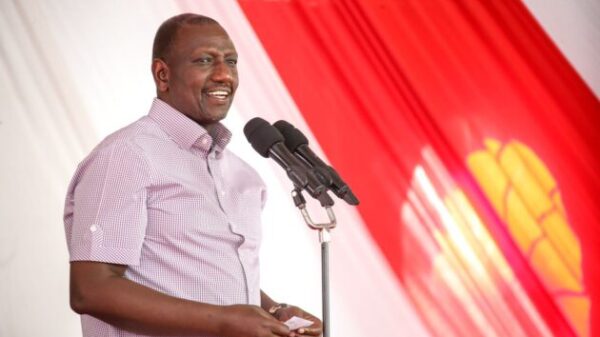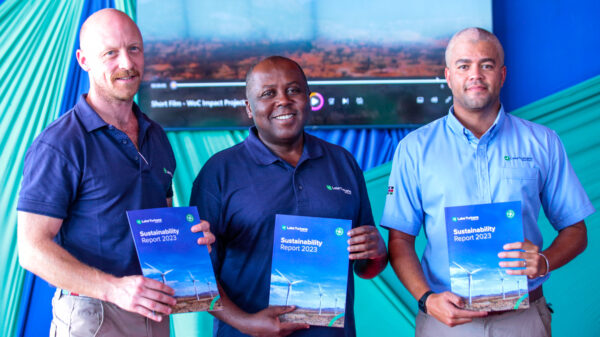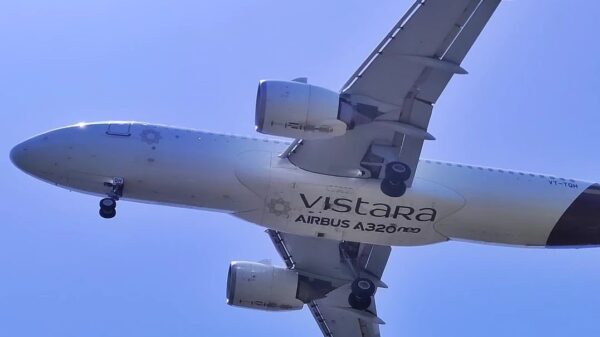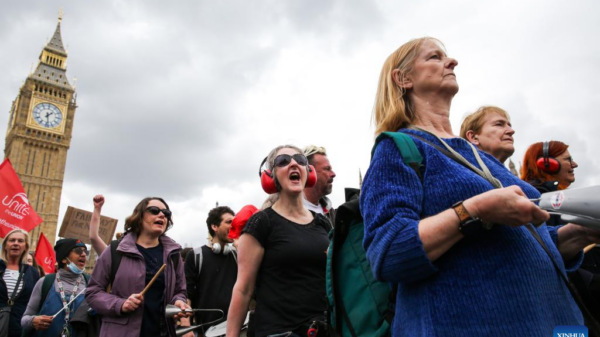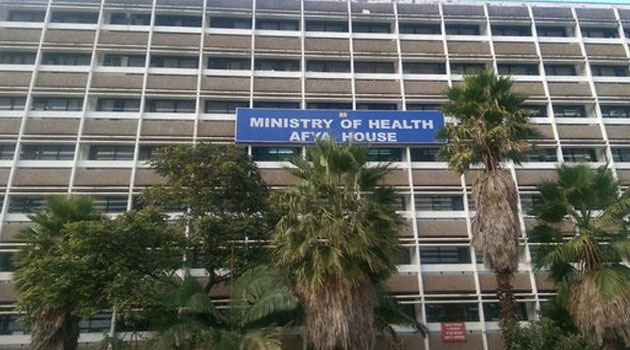NAIROBI, May 3- The government Friday said plans to float the $300 million (Sh18.6billion) sovereign bond in the international market are still on course.
Finance Minister Amos Kimunya told reporters that although the country’s ratings were downgraded following the post election unrest, the international community had since given Kenya a stable outlook.
In 2007, Rating agency Standard and Poors gave the country’s positive credit ratings of BB and B+.
He said the government had already identified the advisors who would provide services to them and expects negotiations to start soon.
“We have floated the tenders for the lawyers and banks and once we have the team in place, we will go to the market,” Kimunya explained.
The process to raise the funds from the foreign market started in October and the government had hoped to have the money before the end of December 2007.
The minister was however non-committal on whether the funds raised would be factored into the 2008/2009 fiscal budget.
His remarks came a few days after he announced that the government requires an additional Sh22 billion to finance the supplementary budget for the remaining two months in the current financial year.
The funds, he said would cater for among others an expanded government and subsidized secondary education that had not been factored in the 2007/2008 budget.
The minister however assured the public that the taxes would not be increased as the government has its own means of funding the budget.
“Taxation will remain at the current levels ,” he maintained.
He is also reassured Kenyans that interest rates would not rise as the government would not borrow the additional funds from the domestic market.
Kimunya also dispelled sentiments that the government was broke due to added obligations such as an expanded cabinet and resettlement of Internally Displaced Persons (IDPs).
The government had budgeted to spend Sh693.7 billion in 2007/2008 but has now added Sh22.4 billion.
At the same time, Kimunya called for enhanced participation of the private sector in the reconstruction of the country after the post election turmoil.
He pointed out that the involvement of the private sector in for example the expansion of infrastructure and the revitalization of the productive sectors such as tourism and agriculture is vital in moving the economy back onto the recovery path.
“We need a lot of investments in all these areas but we (government) cannot do it alone because we have limited resources,” he posed.
“I don’t think taxing Kenyans more will be solution. We want to team up with the private sector so that we can effectively achieve all these goals,” the minister added.
From a virtual stagnation in 2002 when the economy registered a paltry 0.5 percent growth, real GDP growth has been on an upward trajectory and reached 6.1 percent in 2006.
In 2007, it is estimated to have reached 7 percent and it was projected to grow to 8 percent in 2008.
However, the political crisis has seen the figures revised to 4.5 percent as virtually all sectors of the economy are still reeling from the effects of the unrest.
He reiterated the government commitment’s to ensuring a stable macroeconomic environment so as to raise the country’s productivity and global competitiveness in both the medium and long term.
Noting that the political stalemate impacted negatively on the fight against poverty eradication, Kimunya said the government would increase expenditures on social sectors such as education and health in order to achieve equitable distribution of wealth.






